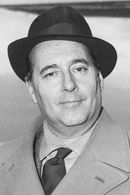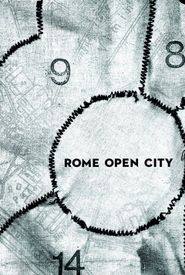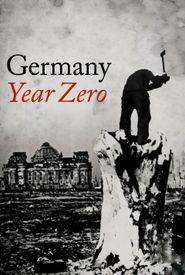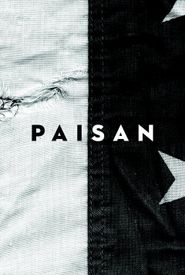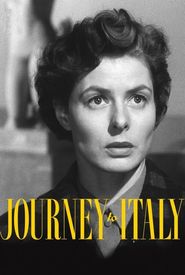Roberto Rossellini was born on May 8, 1906, in Rome, Italy, to Elettra (Bellan),a housewife, and Angiolo Giuseppe "Beppino" Rossellini, who opened Italy's first cinema. Growing up, he was immersed in cinema, watching movies in his father's movie-house from the time film was first emerging as an art form.
Italy was a hub for movie-making, and Italian film had a significant influence on D.W. Griffith and other international directors. Between the two world wars, Hollywood would dictate what constituted a "well-made" film, but Rossellini would be one of the Italian directors who put Italy back at the forefront of international cinema after World War II.
Rossellini's training in cinema was extensive, and he became an expert in many aspects of filmmaking. He did his apprenticeship as an assistant to Italian filmmakers and then made his first film, a documentary, "Prélude à l'après-midi d'un faune," in 1937.
Due to his close ties to Benito Mussolini's second son, Vittorio Mussolini, Rossellini flourished in fascist Italy's cinema. After Il Duce was deposed, Rossellini produced his first classic film, the anti-fascist "Rome, Open City" (1945),which won the Grand Prize at Cannes. Two other neo-realist classics soon followed: "Paisan" (1946) and "Germany Year Zero" (1948).
Rossellini claimed, "I do not want to make beautiful films, I want to make useful films." He often cast non-professional actors and tailored his scripts to their idiosyncrasies and life-stories to heighten the sense of realism.
With other practitioners of neo-realism, Vittorio De Sica and Luchino Visconti, film was changed forever. American director Elia Kazan credits neo-realism with his own evolution as a filmmaker, away from Hollywood's idea of the well-made film to the gritty realism of "On the Waterfront" (1954).
Rossellini had a celebrated, adulterous affair with Ingrid Bergman, which was an international scandal. They became lovers on the set of "Stromboli" (1950) while both were married to other people and Bergman became pregnant. After they divorced their spouses and married, history repeated itself when Rossellini cheated on her with the Indian screenwriter Sonali Senroy DasGupta while he was in India at the request of Prime Minister Jawaharlal Nehru to help revitalize that country's film industry.
Rossellini continued to make films until nearly his death. His last film, "The Messiah" (1975),a story of The Passion of Christ, was released in 1975.
Roberto Rossellini died of a heart attack in Rome on June 3, 1977, at the age of 71.
